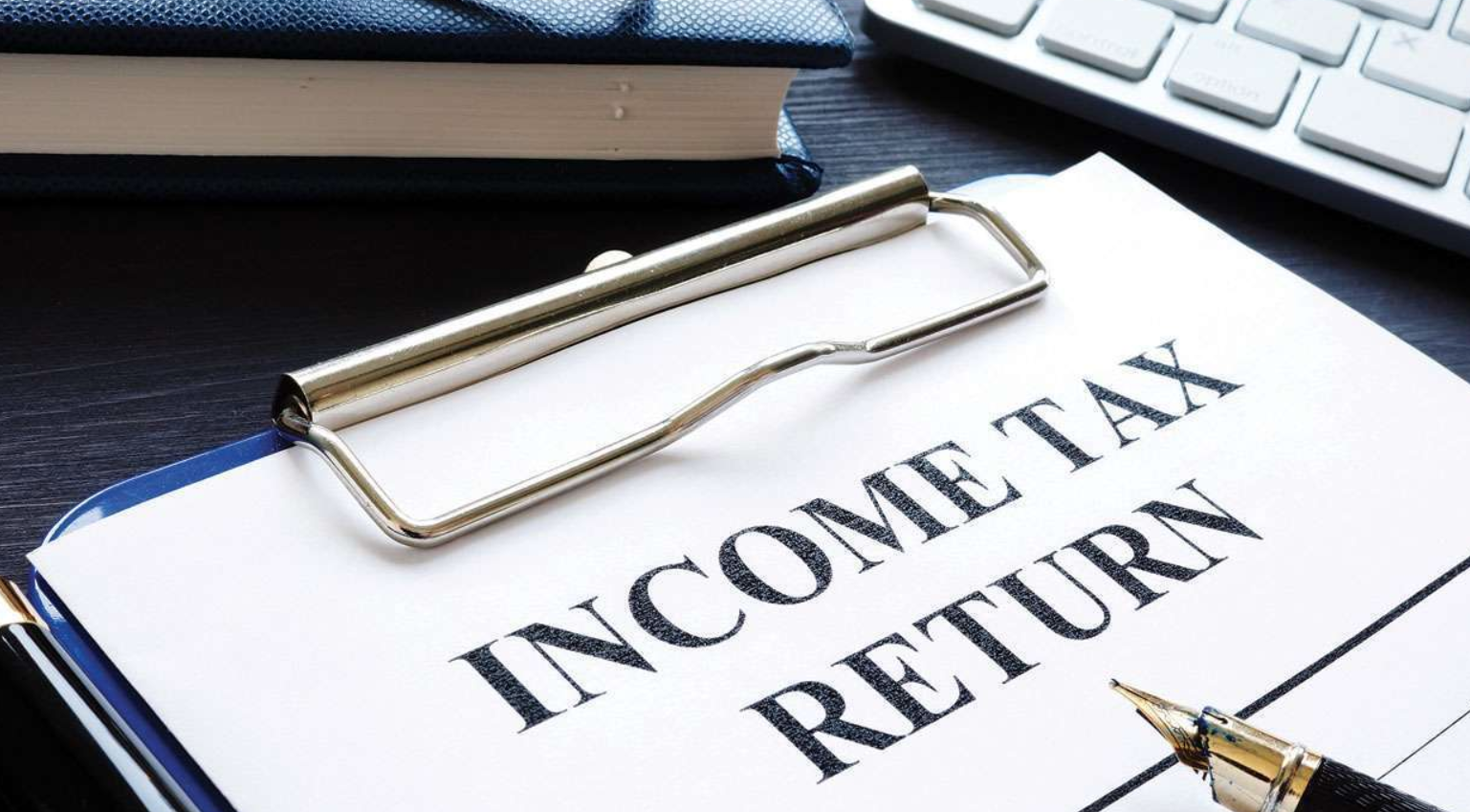If you owe the IRS money, you may not be able to leave the country. The IRS is taking away passports as part of IRS Section 7345. It allows them to advise with the State Department to suspend or deny the passports of taxpayers. Luckily, this mostly applies to those who owe a lot of money.
How Long Can the IRS Pursue Unfiled Tax Returns?
When it comes to taxes, many people worry about the statute of limitations, especially if they haven’t filed a tax return. While this should be the least of their concerns, … Read more





















 Steven N. Klitzner, P.A. is a tax attorney based in Miami, Florida. He has been practicing tax law for over 40 years, and currently holds a 10.0 rating by Avvo. Mr. Klitzner was appointed to the IRS Service Advisory Council in 2021 and is...
Steven N. Klitzner, P.A. is a tax attorney based in Miami, Florida. He has been practicing tax law for over 40 years, and currently holds a 10.0 rating by Avvo. Mr. Klitzner was appointed to the IRS Service Advisory Council in 2021 and is... 





